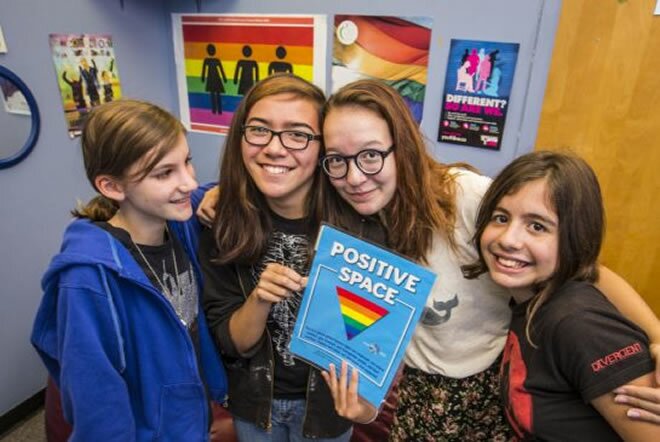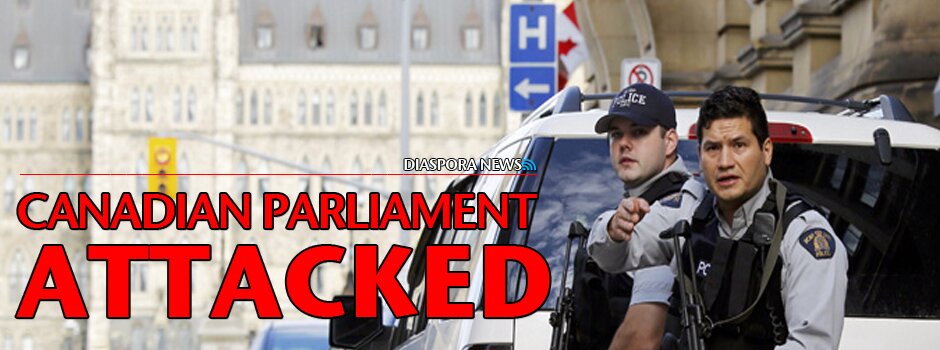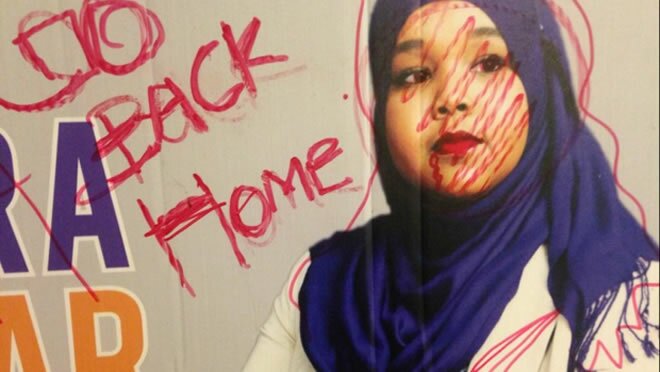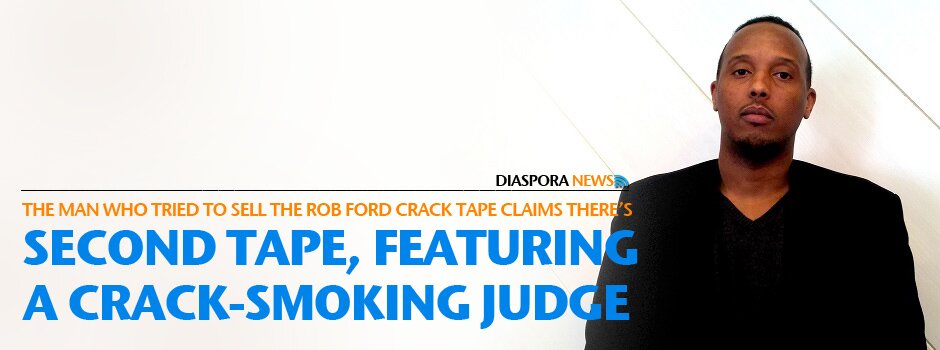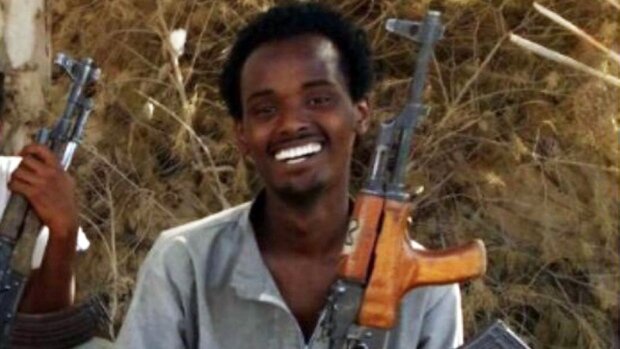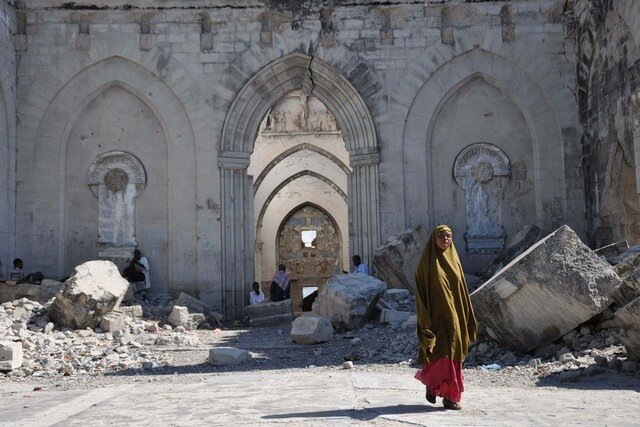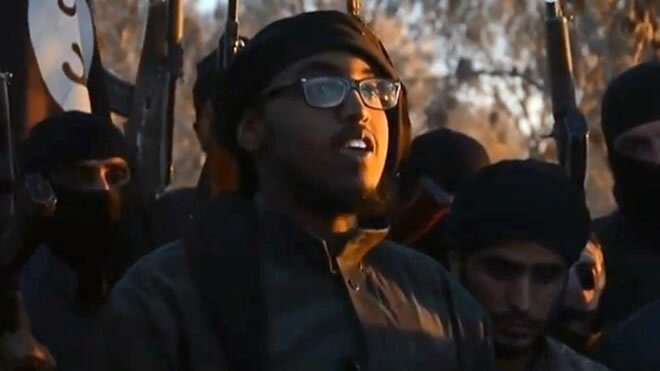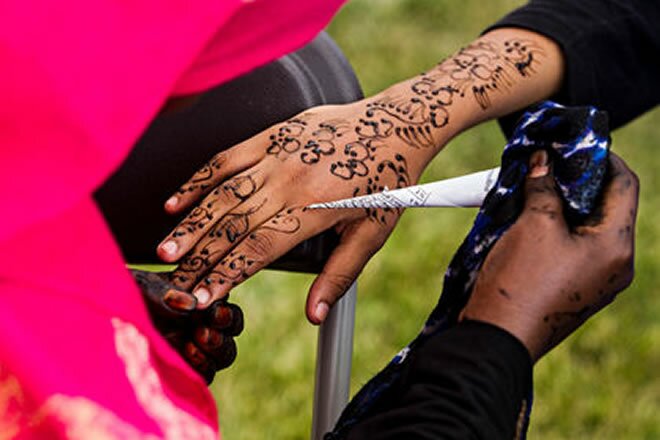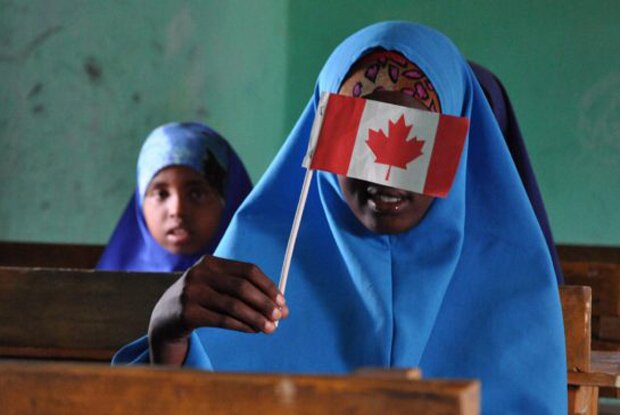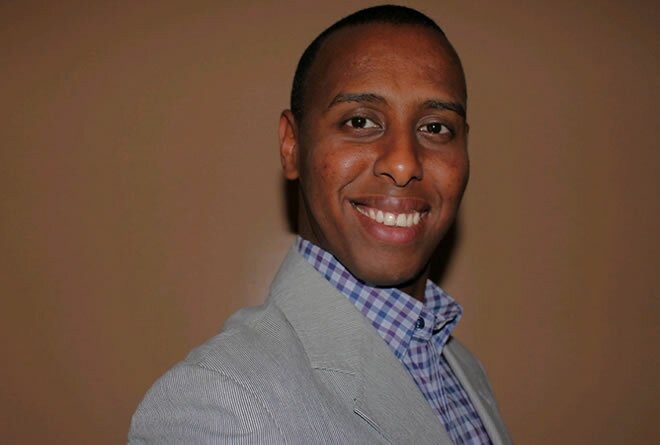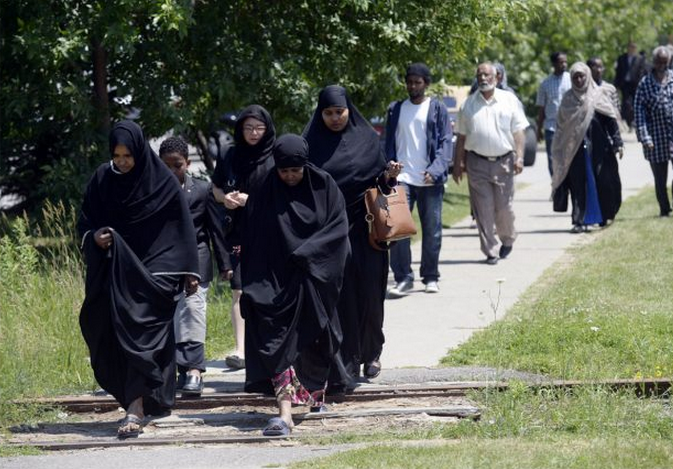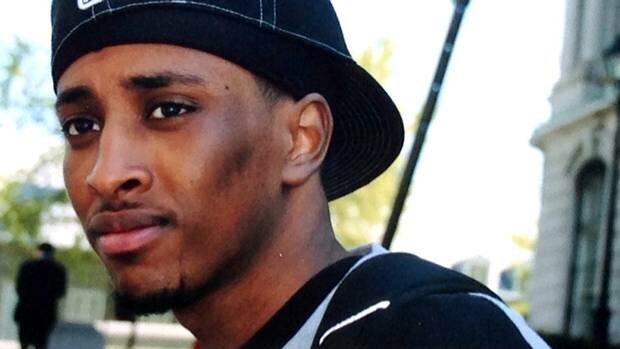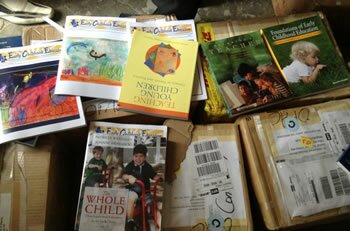Kidnapped journalist a victim of our ‘quiet diplomacy’
 “Quiet diplomacy” is a Canadian fixation, but does it work?
“Quiet diplomacy” is a Canadian fixation, but does it work?
The government and diplomats like it because it keeps the media off their backs, but when Canadians are in danger in foreign lands, does it help or hurt?
The answer is sometimes yes and sometimes no.
Yes, in the case of diplomat Robert Fowler kidnapped to Mali and eventually freed. And CBC reporter Mellissa Fung, kidnapped in Afghanistan and freed 28 days later.
No, in the case of William Sampson, framed for murder by Saudi Arabia and sentenced to public beheading, who spent 2 1/2 years in jail thanks to Canada’s silence.
How about the present case of freelance reporter Amanda Lindhout, 28, kidnapped in Somalia a year ago, whose parents in Alberta have dutifully played the Ottawa game and said nothing, trusting Canadian “quiet diplomacy” to rescue Amanda. Australian photographer, Nigel Brennan, 32, was also kidnapped with her.
The $2.5 million ransom demand isn’t much — it’s the same amount that Suaad Mohamud wants from our government for thinking her passport photo was a fraud.
One has nothing but sympathy for Amanda and her family, but one wonders if they were wise to be so silent. Such silence may please her captors, but it also lets the government off the hook. Publicity — especially adverse publicity — seems the only thing that persuades governments to move quickly.
Still, there’s little Canada can do in Somalia. The country is a notch removed from anarchy, with no effective government. Even the pirates have more power and influence than what passes for Somalia’s government.
Look at how we deal with Somali pirates we capture. We free them. Why do we do that? Because we don’t know what else to do. Gone are the days when captured pirates were hanged from the yard arm, or walked the plank.
These pirates aren’t of the Long John Silver type. Cmdr. Craig Baines, captain of the frigate Winnipeg which captured Somali pirates says: “They more like Los Angeles street gangs … kids.”
So what is Canada doing to free Amanda Lindhout?
“We will not comment,” says a foreign ministry spokesman.
That’s par for the course — fear of compromising whatever negotiations are underway and endangering the lives of the captives. They always say that.
The Somali kidnappers just want money, and don’t think big.
Unlike Israel, Canada is not a country that would send a team to rescue citizens held hostage. We even believe the captors when they say hostages are well treated — the last Liberal government believed the Saudi ambassador when he said Sampson was guilty and being well treated.
NO CRIME
It’s acceptable not to protest when Canadians are guilty of crimes — like those sentenced to death for murder in the U.S., or drug dealers in Asia or Latin America. But Amanda committed no crime — kidnapped en route to write about a refugee camp.
She’d have a better chance if she had a support system, like a media employer who’d make waves and demand action. (On the other hand, if she’d had an employer, likely the ransom would be higher.)
If Ottawa can’t, or won’t, help this reporter, why not agree to pay the ransom — and persuade a friendly country to be the go-between and perhaps ambush and kill the perpetrators?
That’s what Tom Clancy would do, and it usually succeeds in his novels.
__________
Source: Toronto Sun
Comments
comments
 Calendar
Calendar






